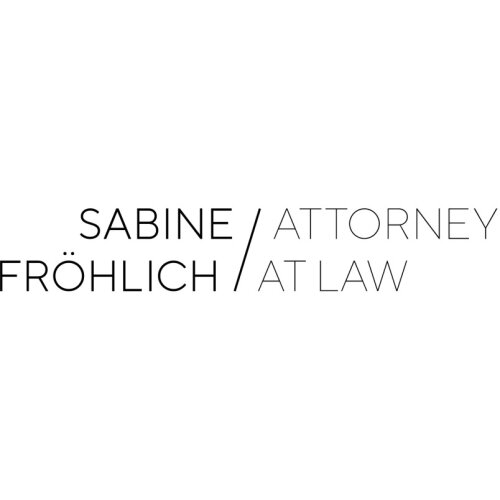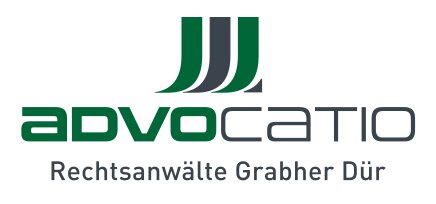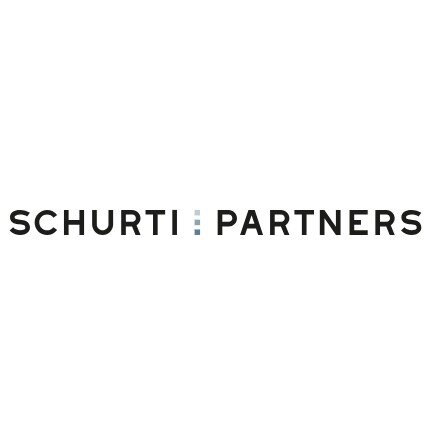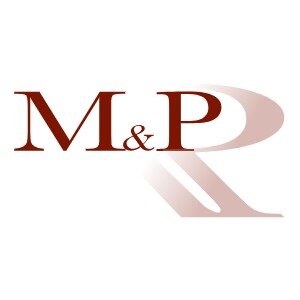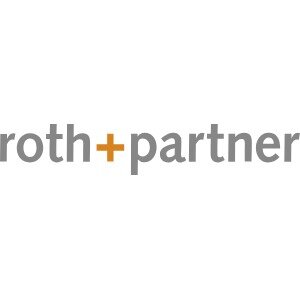Best Private Equity Lawyers in Liechtenstein
Share your needs with us, get contacted by law firms.
Free. Takes 2 min.
Or refine your search by selecting a city:
List of the best lawyers in Liechtenstein
About Private Equity Law in Liechtenstein
Private Equity in Liechtenstein refers to investment funds, partnerships, and strategies that invest directly in private companies, or that engage in buyouts of public companies, resulting in the delisting of public equity. Liechtenstein, renowned for its stable political climate, investor-friendly regulations, and robust financial services sector, has positioned itself as an attractive jurisdiction for private equity activities. The principality offers a flexible legal framework and a well-developed fund infrastructure, making it especially suitable for cross-border investments and international wealth management.
Why You May Need a Lawyer
Navigating the private equity landscape in Liechtenstein involves complex legal, regulatory, and transactional elements. Common situations where legal assistance proves critical include:
- Structuring private equity funds or investment vehicles under Liechtenstein law
- Conducting due diligence for acquisitions and investments
- Ensuring compliance with anti-money laundering and investor protection regulations
- Drafting or reviewing shareholder or partnership agreements
- Facilitating cross-border transactions and tax optimization
- Resolving disputes between investors, fund managers, or portfolio companies
- Advising on exit strategies, such as sales, IPOs, or liquidations
A local lawyer ensures adherence to both national and international regulations, mitigates risks, and protects your interests throughout every stage of the private equity process.
Local Laws Overview
Liechtenstein’s legal environment for private equity is shaped by several key legislative instruments and regulatory bodies. Notable aspects include:
- Company Law: The Persons and Companies Act provides flexible options for establishing entities suitable for private equity structures, such as the Establishment (Anstalt) or Foundation (Stiftung).
- Fund Regulation: The Liechtenstein Investment Undertakings Act governs private equity funds, demanding transparency and safeguarding investor interests. The Financial Market Authority (FMA) supervises licensing and ongoing compliance.
- Cross-Border Compatibility: As a member of the European Economic Area (EEA), Liechtenstein provides access to the European financial market, allowing private equity vehicles in Liechtenstein to operate seamlessly across borders.
- Taxation: Liechtenstein’s competitive corporate tax rate and favorable double-tax treaties enhance investment returns and tax efficiency for private equity structures.
- AML and Compliance: Robust anti-money laundering (AML) statutes require strict customer due diligence and reporting procedures for private equity transactions.
Understanding and aligning with these elements is crucial for successful private equity engagement in Liechtenstein.
Frequently Asked Questions
What is private equity and how does it work in Liechtenstein?
Private equity involves investing in private companies or buying out public ones to improve performance and eventually sell at a profit. In Liechtenstein, a favorable legal and tax framework supports the formation and management of private equity funds and investment vehicles.
Can a foreigner set up a private equity fund in Liechtenstein?
Yes, foreigners can establish private equity funds or companies in Liechtenstein, making use of its EEA member status and investor-friendly regulations.
What are the main entity structures for private equity funds?
Popular vehicles include the Foundation (Stiftung), Establishment (Anstalt), and limited partnership (Kommanditgesellschaft), each offering varying levels of flexibility, liability, and tax benefits.
Do private equity funds in Liechtenstein require licensing?
Yes, most private equity funds must be licensed by the Financial Market Authority (FMA) and comply with relevant fund regulations and ongoing reporting requirements.
What are the tax implications for private equity entities?
Liechtenstein offers a low corporate tax rate and attractive double-taxation treaties, which can significantly reduce tax burdens on investors and fund managers.
How is investor protection addressed?
Investor protection is ensured through strict regulatory supervision, transparency requirements, and adherence to European Union and EEA regulations.
Are there any anti-money laundering requirements?
Yes, funds and advisors must comply with robust anti-money laundering laws, including customer due diligence, reporting suspicious activities, and ongoing monitoring.
Is it possible to structure cross-border private equity investments?
Liechtenstein’s EEA membership facilitates cross-border investment within Europe, making it an ideal base for global or pan-European private equity activities.
What is the process for resolving disputes in private equity deals?
Disputes are typically addressed through arbitration or litigation in Liechtenstein courts, depending on the mechanisms set forth in investment or partnership agreements.
How can I ensure compliance with local laws and regulations?
Consulting a qualified private equity lawyer in Liechtenstein is the most effective measure to ensure compliance with all relevant laws, regulations, and best practices.
Additional Resources
Consider consulting the following resources and organizations for further information and support:
- Financial Market Authority (FMA) Liechtenstein: The main regulatory body overseeing private equity, investment funds, and financial services.
- Liechtenstein Chamber of Commerce and Industry: Provides support for businesses, including those engaged in private equity.
- Liechtenstein Bankers Association: Information on banking services for private equity investors.
- Laws and statutes via the Liechtenstein Legal Information System: For up-to-date legislation relevant to company law, fund regulation, and AML statutes.
- Professional legal and tax advisors: Local firms specializing in financial and corporate law are essential for tailored counsel.
Next Steps
If you require legal assistance with any aspect of private equity in Liechtenstein, consider taking the following steps:
- Define your specific needs, such as fund formation, investment structuring, or regulatory compliance.
- Gather all relevant documentation, such as business plans, funding proposals, and personal identification.
- Contact a reputable private equity lawyer or law firm with experience in Liechtenstein’s legal system.
- Schedule a consultation to discuss your objectives, potential challenges, and compliance requirements.
- Work collaboratively with your legal advisor throughout the process to ensure that all legal, tax, and regulatory issues are properly addressed.
Seeking early legal advice increases your chances of success in private equity ventures and protects you from potential pitfalls in Liechtenstein’s dynamic investment landscape.
Lawzana helps you find the best lawyers and law firms in Liechtenstein through a curated and pre-screened list of qualified legal professionals. Our platform offers rankings and detailed profiles of attorneys and law firms, allowing you to compare based on practice areas, including Private Equity, experience, and client feedback.
Each profile includes a description of the firm's areas of practice, client reviews, team members and partners, year of establishment, spoken languages, office locations, contact information, social media presence, and any published articles or resources. Most firms on our platform speak English and are experienced in both local and international legal matters.
Get a quote from top-rated law firms in Liechtenstein — quickly, securely, and without unnecessary hassle.
Disclaimer:
The information provided on this page is for general informational purposes only and does not constitute legal advice. While we strive to ensure the accuracy and relevance of the content, legal information may change over time, and interpretations of the law can vary. You should always consult with a qualified legal professional for advice specific to your situation.
We disclaim all liability for actions taken or not taken based on the content of this page. If you believe any information is incorrect or outdated, please contact us, and we will review and update it where appropriate.
Browse private equity law firms by city in Liechtenstein
Refine your search by selecting a city.



